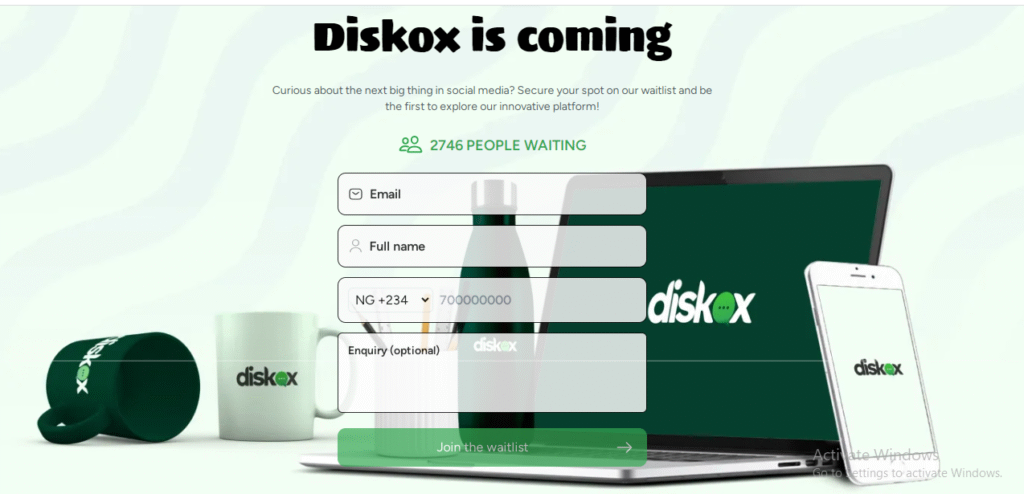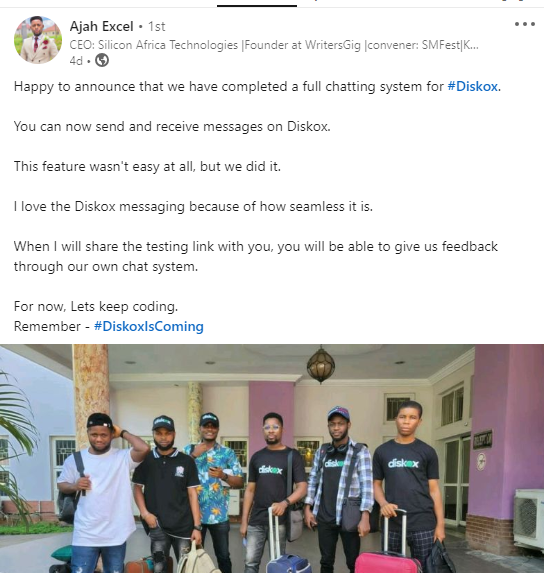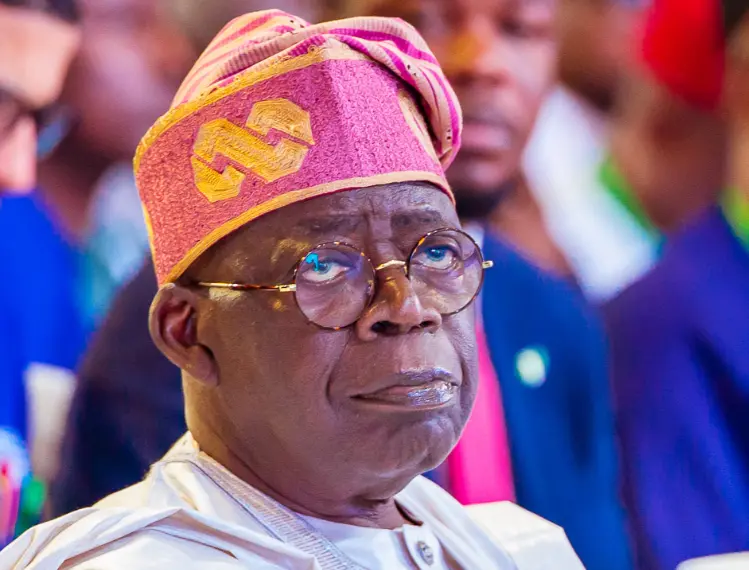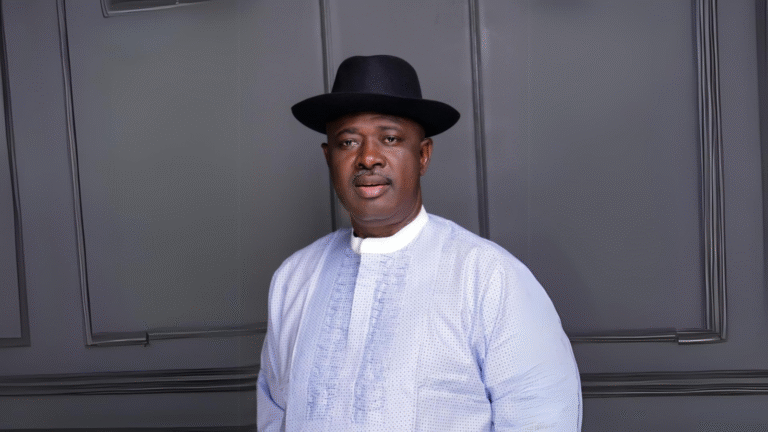
Elon Musk restricting daily tweets views: the possible impact on Nigerians & the Way Forward
The recent move by Elon Musk to impose restrictions on the number of tweets users can view in a day has raised concerns among Nigerians who rely on Twitter for various purposes. For many Nigerians, Twitter has become an essential tool for conducting business, staying informed about the latest news and events in the country, and holding the government accountable. Thus, any disruptions or limitations imposed on this platform have far-reaching implications for Nigerian society.
First and foremost, Twitter has become a critical platform for Nigerian entrepreneurs and business owners. Many small and medium-sized enterprises rely on Twitter to promote their products and services, reach a wider audience, and engage with customers. By restricting the number of tweets users can view, Musk’s actions directly impact the visibility and reach of Nigerian businesses. This restriction hampers their ability to connect with potential customers, negatively affecting their growth and economic prospects.
Furthermore, Twitter serves as a vital source of information for Nigerians. In a country with a vibrant and active social media landscape, Twitter has emerged as a popular platform for sharing news and updates in real time. Nigerians, especially the younger generation, rely on Twitter to access unbiased and alternative perspectives on national issues. By limiting the number of tweets users can view, Musk’s decision has the potential to impede the flow of information, restricting Nigerians’ access to diverse viewpoints and hindering their ability to stay informed.
Additionally, Twitter has played a crucial role in holding the Nigerian government accountable for its actions. The platform has become an avenue for citizens to express their grievances, voice dissent, and demand transparency from those in power. By imposing rate limits, Musk’s actions indirectly undermine the ability of Nigerians to exercise their right to freedom of expression and participate in democratic processes. Limiting access to tweets hampers the collective voice of Nigerians, making it harder for them to challenge government policies and actions that may be detrimental to their well-being.
It is essential to recognize the broader implications of these limitations. Nigerians have shown resilience and adaptability in utilizing social media platforms like Twitter to navigate the challenges posed by a complex socio-political environment. Restricting access to this platform undermines their ability to connect, engage, and contribute to societal discourse. Furthermore, it raises questions about the extent of power and control that external entities wield over platforms that have become integral to the lives of Nigerians.
In light of these concerns, it is crucial for stakeholders, including Twitter, Elon Musk, and the Nigerian government, to engage in dialogue and find mutually beneficial solutions. It is in the interest of all parties involved to ensure that platforms like Twitter remain accessible, open, and conducive to the growth and development of Nigerian society. Nigerians deserve the right to conduct business, access information, and hold their government accountable without unnecessary restrictions.
What is the Way Forward for Nigerians & Africans?
The way forward lies in a combination of strategies that empower Nigerians and Africans to invest in their own platforms while also addressing the challenges posed by Elon Musk’s daily tweet limit.
Here are a few possible approaches:
Invest in homegrown platforms:
Nigerians and Africans should consider investing in the development and promotion of their own social media platforms like Diskox, still in its development stage, click here to know more about the platform.

This could involve supporting local tech entrepreneurs, startups, and developers who are working on creating alternative platforms that prioritize the needs and interests of the African population.

By investing in homegrown platforms like Diskox, Nigerians can have greater control over their digital space and reduce dependency on external entities.
Strengthen existing platforms
While investing in new platforms is essential, it’s also important to strengthen existing platforms that already have a significant user base in Nigeria. Platforms like Facebook, Instagram, and LinkedIn have a wide reach and can be used to promote business, share information, and hold the government accountable. Supporting and advocating for improved features, user protection, and policies that align with Nigerian interests can help ensure these platforms better serve the needs of Nigerians.
Advocate for fair policies
Nigerians can engage in advocacy efforts to highlight the importance of fair policies and regulations that govern social media platforms. This includes advocating for transparent algorithms, user privacy protection, and ensuring that platforms uphold freedom of expression while curbing harmful content. By actively participating in discussions and engaging with policymakers, Nigerians can influence policies that affect their digital experiences.
Advocate for fair policies
Nigerians can engage in advocacy efforts to highlight the importance of fair policies and regulations that govern social media platforms. This includes advocating for transparent algorithms, user privacy protection, and ensuring that platforms uphold freedom of expression while curbing harmful content. By actively participating in discussions and engaging with policymakers, Nigerians can influence policies that affect their digital experiences.
Promote digital literacy
Increasing digital literacy is important to empower Nigerians to navigate the complexities of social media platforms effectively. By investing in educational initiatives, workshops, and awareness campaigns, individuals can develop the necessary skills to understand platform dynamics, identify misinformation, protect their privacy, and engage in responsible digital citizenship. This will equip Nigerians to make informed decisions and adapt to changes in the digital landscape.
Diversify online presence
While Twitter is an important platform, it is essential for us Nigerians to understand we are tenants on Twitter, so we must follow the rules of the landlord, who in this case is Elon Musk. So, diversifying your online presence by having your own website will put you in the driving seat, especially if you’re running a business. You will engage with your customers more by interacting with them through emails and this will reduce your reliance on a single platform and provides alternative avenues for business, news, and engagement. Also, exploring other social media platforms, and forums can help create a more resilient online ecosystem.
So, by taking these steps, Nigerians can assert greater control over their digital experiences and reduce dependency on external entities like Elon Musk’s Twitter limitations.







